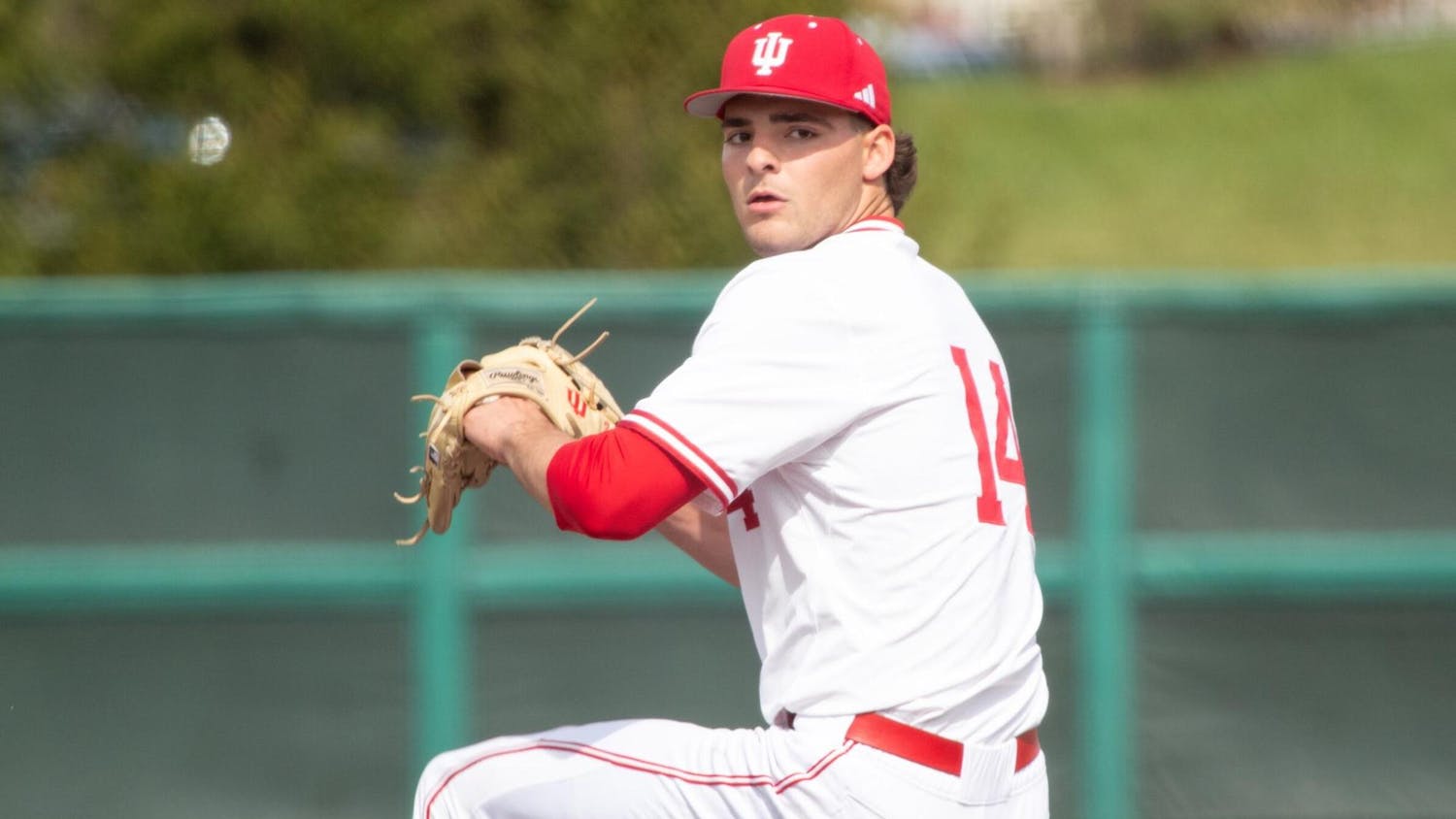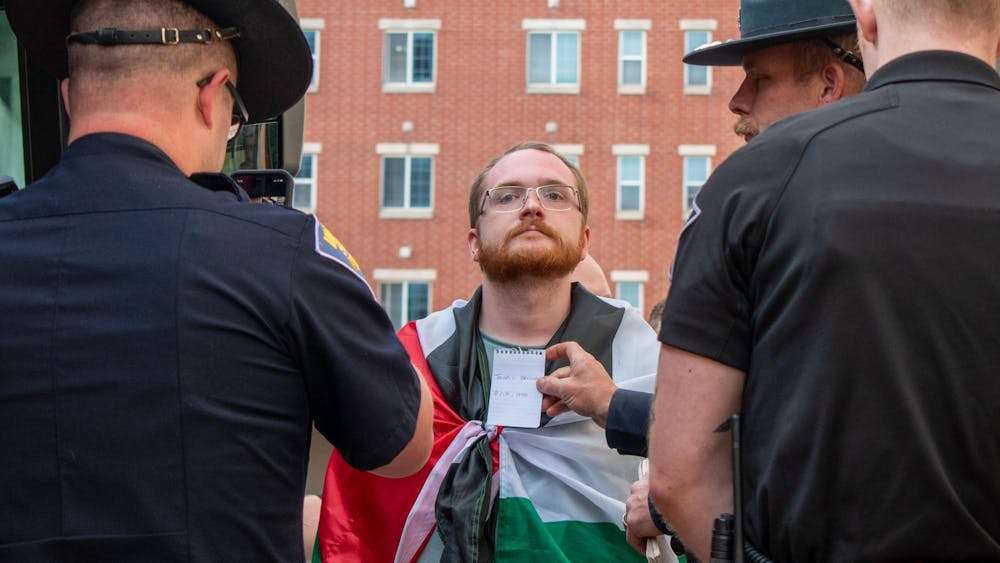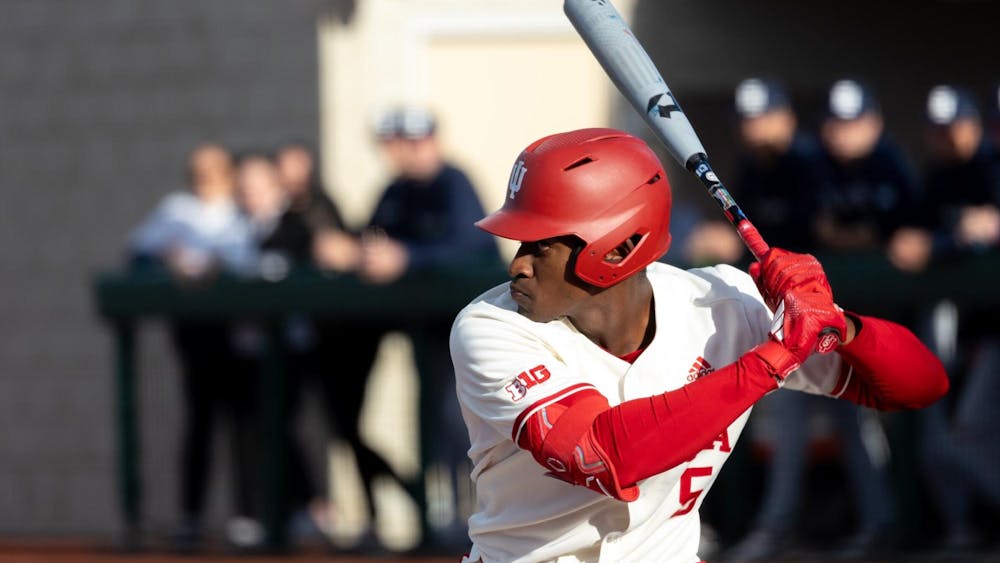Ballots were cast.
The party elected their pick for the next president of the United States.
Tuesday night of the Democratic National Convention each state and territory got the honor of participating in roll call, having their representatives shout out the delegate votes for each candidate, ultimately nominating former secretary of state Hillary Clinton as the official Democratic Party nominee.
But some delegates can't even see their ballot.
Rob Kerney is the only delegate from Indiana that is totally blind, making him one of the six blind delegates in attendance at the convention.
“I am a Democrat, but first I am a blind man,” Kerney said.
Kerney said that the Democratic National Convention Committee did not provide enough adequate materials that allowed him and his fellow blind delegates the same equal opportunities as the rest of the convention attendees.
On June 20th, The DNCC issued a press release stating that they were making efforts to make this the most accessible convention ever.
The DNCC has partnered up with the Philadelphia Convention & Visitors Bureau (PHLCVB) and the Valley Forge Tourism & Convention Board (VFTCB) to help enhance the convention experience and ensure that delegates and participants have an array of options to meet their needs during convention week. For months, the DNCC has been developing their Accessibility Plan, which is inclusive of people with disabilities, seniors and individuals who need a reasonable accommodation, according to the release.
This statement is not truthful, however, from the perspective of the six delegates.
On August 7th Mark Lasser of Denver, Colorado, was elected to be a delegate of his state, and on August 8th he contacted the DNC requesting credentials for a sighted guide.
He continued contacting the committee almost every day, continuously not getting a response on his request.
Lasser was in direct contact with Ted Jackson, Office of Public Engagement ADA & Community Engagement Specialist for the DNC, and kept receiving the answer of everything would be organized soon. This continued until July 20th, only five days before the start of the event.
Lasser was notified that he could have a sighted guide that day at 10 p.m. and had to inform the committee of the person by 3 p.m. two days later.
“It’s like receiving a coupon at 4 p.m. that is only valid that day for a restaurant that closes at 5, and it’s a two hour drive away,” Lasser said. “I had to find someone practically in a day’s notice.”
An estimated $1,000 in additional expenses were added to Lasser’s convention experience with the changing of his flight and the accommodations that needed to be made to fly his mother-in-law out from Nevada to be with him for the week.
On July 18th, two days prior to the call for sighted guide clearance, Kerney sent out a press release explaining his frustration that he and his fellow blind delegates faced in the week leading up to the convention.
Previously in 2000, Kerney attended the DNC in Los Angeles as an alternate delegate and utilized the convention's "ambassador program" that provided sighted guides for blind delegates. Kerney described the program as being horrible, being abandoned for eight hours at his seat without an assigned guide the first day, and then told he did not have a guide assigned to him for the remainder of the event.
There were three requests of the blind delegation to make the convention accessible as possible. This included scanning stations equipped with Optical Character Recognition Software, tactile maps and a hired Audio Description specialist.
OCR software allows printed material to be read allowed through a scan and tactile maps are braille printed materials.
Audio Description, Lasser said, is extremely important for blind people to fully understand what is going on within the arena.
“The entire event is visual,” Lasser said. “When Clint Eastwood talked to a chair at the RNC we would have never had known without AD.”
Lasser has talked to Jackson every day of the convention so far in efforts to still receive these requests that were stated in the press release to be available.
When approached about these discrepancies, Jackson refused to comment on all questions.
“We are called ungrateful and unappreciative because we demand equal access and opportunity to participate,” Lasser said.
Kerney expressed difficulty in the fact that he had to travel every morning of the convention to pick up his sighted guide Erica Cole’s credentials at the Pennsylvania Convention Center, while his credentials were available with the rest of the delegates at his hotel.
“We kicked them, so they kicked back,” Kerney said.
Kerney currently serves as secretary of the 8th district Democrat party of Indiana, the largest district within the state including Terre Haute, Vincennes and Evansville.
Kerney identifies as a large Sanders supporter and said he was most excited to attend the convention in order to hear him speak.
Cole, started a GoFundMe page in order to raise funds for Kerney to attend the convention alongside her. Due to his disability, Kerney currently lives on a fixed income and could not afford to travel to Philadelphia otherwise.
A total of $1,552 was raised through the fundraising efforts in a total of 18 days, allowing Kerney to attend.
59 people are registered on the page as donors, including the final contribution from actress Susan Sarandon who is also in attendance at the convention as a fellow Sanders supporter.
Kerney said he plans to continue this fight following the end of the convention, in addition to Lasser, because it is lifelong struggle.
“I’ll be fighting this fight my whole life,” Lasser said. “Until we can fully participate in political life to the equivalent of everybody else, we can always ask for more.”





